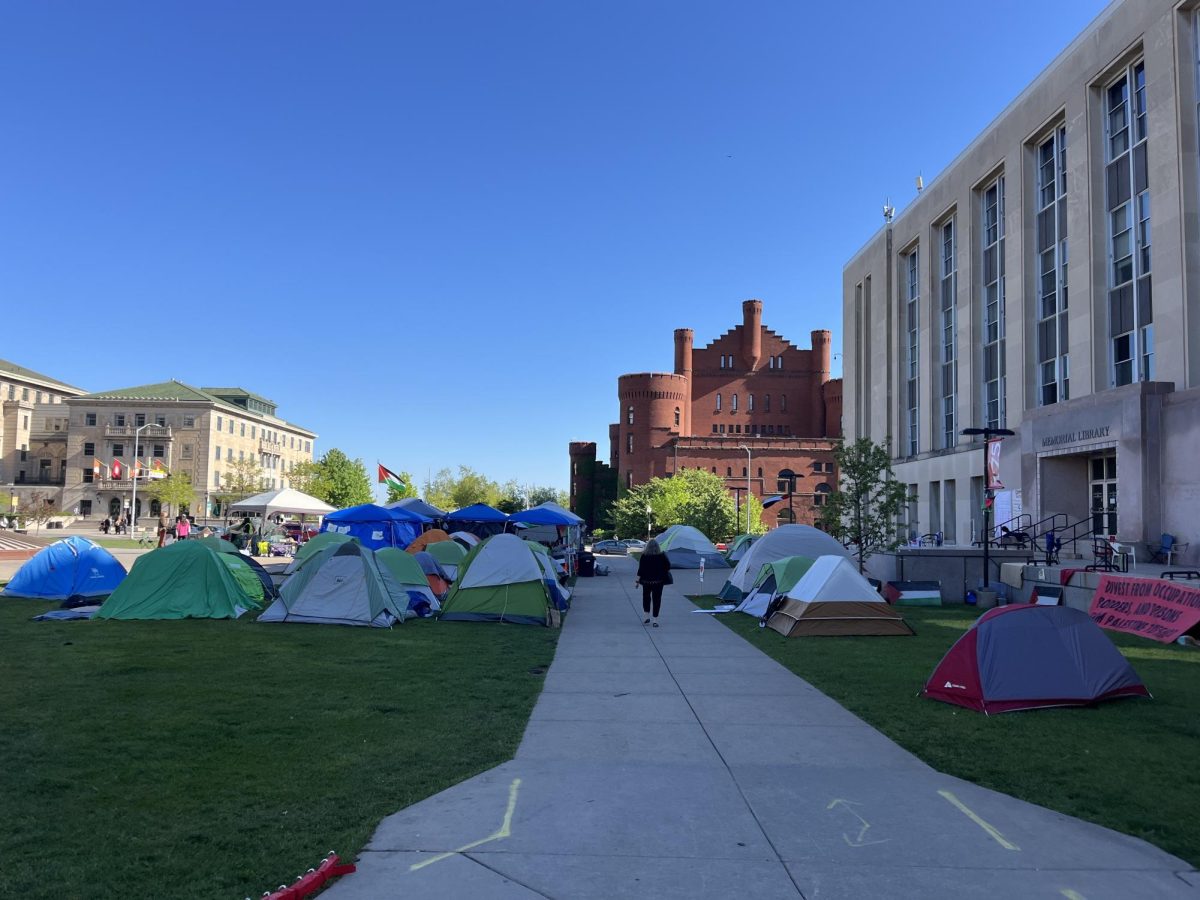Estimates say the federal sequester cuts will cost Wisconsin hospitals one billion dollars over the next 10 years, or $2 million each week, according to a Wisconsin Hospital Association statement.
The U.S. government allowed Medicare payment funding to reduce 2 percent Friday with the mandatory sequester spending reductions, which WHA spokesperson Mary Kay Grasmick said will now affect physician offices, surgeries and hospitals. According to Grasmick, hospitals are labor-intensive with about 65 percent of expenses going to employees.
However, she said, the sequester cuts are not surprising to hospital staff statewide and they have been adjusting.
“The good news for many of our hospitals is that they have been planning on taking a cut,” Grasmick said. “They knew it was coming, and they have been more efficient in their operation to accommodate for this cut in payments.”
With hospitals as high-quality and high-value as those in Wisconsin, Grasmick said there are few opportunities to reduce spending.
She added the 2 percent across-the-board cuts in Medicare will not be the only payment cuts state health care providers will have to deal with. According to the WHA statement, new cuts also impacting Wisconsin physicians and nursing homes will cause an additional $600 million dip the next 10 years in hospital Medicare payments and $200 million less in funding the “next few years.”
Grasmick said the health care reform law also cuts billions of dollars nationwide, and said she is concerned another fiscal crisis could strike.
“In all aspects of health care and nursing homes, they are all facing the same uncertain future,” Grasmick said. “They’re operating under the assumption the cuts are here, and there are going to be more. They are doing a lot of due diligence in planning for the future.”
Medical College of Wisconsin Dean and Executive Vice President Joe Kerschner said the 2 percent cut in Medicare will cost the school and its close partner Froedtert Memorial Lutheran Hospital a total of $9 million in the next fiscal year. Kerschner added MCW’s research funding from the National Institutes of Health could go down by the same amount this year, or between 5 and 10 percent.
“We’re really concerned about it,” Kerschner said. “With this level of funding cuts, it will eat into our ability to do research, it will change our ability to possibly make health discoveries and certainly impact our ability to employ researchers and staff here at the college.”
Kerschner said NIH will not be able to prioritize its scientific projects because every research with a grant from the organization will have to face the same rate of funding cuts. He said MCW is not alone in dealing with reduced funding for medical expenses, as every research institution across the country will confront similar consequences.
Both parties admit, across-the-board, indiscriminate spending decreases are not the smartest way to approach deficit reduction, according to Kerschner.
“I was explaining it to my 14-year-old daughter the other day,” the MCW dean said of the sequester. “I said if I lost my job tomorrow and we had to make cuts in our budget, we wouldn’t make the same amount of cuts out of our grocery bill, as we did out of our clothing bill as our entertainment bill.”
















